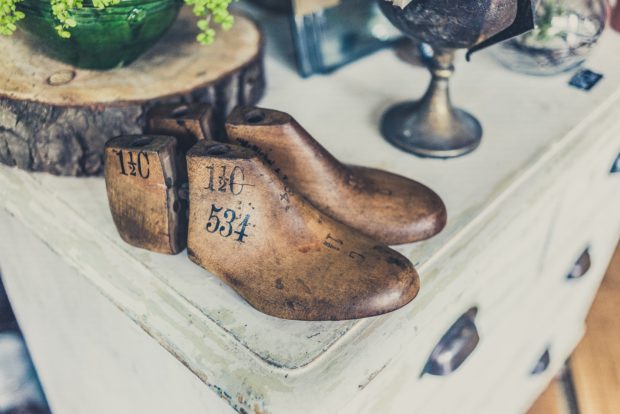5 Things to Keep in Mind Before You Buy Your Next Pair of Work Shoes

Are you on your feet throughout the day? Spend hours walking or just sitting at your desk. According to MyBestWorkBoots a lack of exercise and poor posture may not be the only thing causing the pain in your back. The wrong work boots put pressure on the spine and cause discomfort.
Make an effort, and you’ll find a pair of work shoes that are comfortable and suit your needs, whether you’re at a desk, out in the field, or just constantly on your feet.
Check out these 5 factors to consider when buying work shoes:
Your Work Shoes Must Be Durable
Proper work boots stand the test of time. Know the telltale signs of durability in shoes. It will save you time and money in the long run. Make sure you examine the sole. In a typical workday, the college of podiatry estimates that workers walk 10-15 miles. Your work boots must have a soft, durable sole to hold your weight for such long periods. Check on the warranty. Durable work boots have warranties of longer than six months. Pick a sturdy shoe with supple leather and reinforced heels. Such work boots are durable. You won’t need to rush to the stores for a trade-in after your first shift.
Choose Comfort
When it comes to choosing a work boot, never compromise on comfort. You spend hours in your shoes. If you can’t walk in it, don’t buy it. That should be your mantra as you walk into the store. A comfortable work boot lets you move your foot in every direction. Flat-footed boots must have the right insoles to fill the gaps. Such a design reduces the shock-absorbing qualities of the foot. Which ensures the thrust from the foot doesn’t transfer to the lower spine, causing back pain and aches. Workers in areas of high temperature find airy work boots more comfortable. Closed work boots lead to excessive sweating, smelly feet, foot fungi, and other infections.
Go for the Right Grip
What floors are in your workplace? Concrete? Marble? The tread patterns on your work boots show how likely you are to slip or track dirt. A plumber benefits from a work boot with defined treads that increase traction. Minimizing the probability of a fall on the slippery floors of bathrooms and kitchens. Heavy-duty work such as construction requires workers to have boots with aggressive treads. If you are a carpenter, you’ll not want smother treads that are easy to clean and track the least debris.
Proper Fit
Boot fit’s synonymous with foot comfort. You’ll only get a perfect fit if you take your time choosing. Be sure to try on different boots before buying. Wear the socks you’d usually have while on the job. What’s the length of the shoe? Move your foot forward to the front end of the boot to check. Bend your knee. Measure the distance from the heel of your foot to the back of the shoe. It should be the width of your index finger- no more, no less. Walk around the store in the boots. The boot should fit– too big, and walking will cause blisters, too small and they crowd your feet.
Time to Don and Doff
Workers in industries where time matters should consider wearing work boots with Velcro tabs. Such shoes are much more comfortable to remove. Watch out for ankle and feet support in easy to don and doff boots. Once you zip, lace, or fasten the shoes, your feet should be secure- no wobbly ankles or sliding feet.
Don’t let your work shoes strain your back or kill your feet. Pick your shoes the same way you select your tools, meticulously. Never compromise on quality. Always look for strength and durability. It will be worth it in the long run. Choose a proper tread pattern and make sure the shoe fits. When you are on your feet throughout the day, having comfortable work boots makes a significant impact on your job performance.

